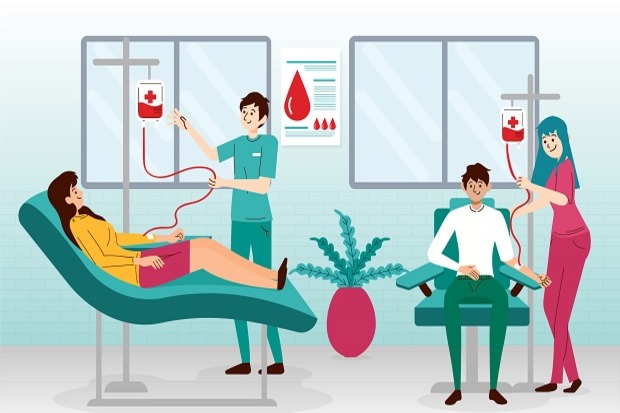Introduction
Allergies are a common and often disruptive health issue affecting millions of people worldwide. They occur when the immune system reacts to harmless substances, known as allergens, with excessive sensitivity. Allergies can range from mild to severe, and understanding their causes, symptoms, and appropriate treatment is essential for managing and mitigating their impact on daily life. In this article, we will explore various types of allergies, their symptoms, and the treatments available to provide relief and improve quality of life.
Types of Allergies
- Allergic Rhinitis (Hay Fever): This allergic reaction to pollen, dust mites, pet dander, or mold spores can cause symptoms like sneezing, a runny or stuffy nose, itchy or watery eyes, and throat irritation.
- Food Allergies: Allergic reactions to specific foods, such as peanuts, tree nuts, shellfish, milk, and eggs, can lead to symptoms ranging from mild hives or itching to severe anaphylaxis.
- Asthma: Allergic asthma is characterized by airway inflammation triggered by allergens, leading to wheezing, shortness of breath, and chest tightness.
- Atopic Dermatitis (Eczema):This skin condition often results from allergic reactions and causes red, itchy rashes on the skin.
- Contact Dermatitis: Exposure to allergens like poison ivy, latex, or certain skincare products can lead to skin inflammation, itching, and redness.
- Insect Allergies: Reactions to insect stings, particularly from bees, wasps, and ants, can range from mild swelling and itching to severe anaphylaxis.
- Drug Allergies: Allergic reactions to medications like antibiotics or non-steroidal anti-inflammatory drugs (NSAIDs) can cause skin rashes, hives, or more severe symptoms.
Symptoms of Allergies
Allergy symptoms can vary depending on the type of allergen and individual sensitivity. Common allergy symptoms include:
- Sneezing
- Runny or stuffy nose
- Itchy or watery eyes
- Skin rashes or hives
- Shortness of breath
- Wheezing
- Coughing
- Swelling
- Gastrointestinal symptoms (nausea, vomiting, diarrhea)
Allergy Treatment
The treatment of allergies involves a combination of allergen avoidance, medication, and, in some cases, immunotherapy:
- Allergen Avoidance:Identifying and avoiding allergens is the first line of defense. This may involve keeping windows closed during high pollen seasons, using allergen-proof bedding, and reading food labels carefully.
- Medications: Allergy medications can provide relief from symptoms and include:
- Immunotherapy (Allergy Shots):For severe allergies that don't respond to medications or allergen avoidance, allergen immunotherapy can be considered. It involves exposing the patient to small, controlled amounts of allergens over time, desensitizing the immune system and reducing allergic reactions.
- Antihistamines: These drugs block the effects of histamines released during an allergic reaction and can relieve sneezing, itching, and a runny nose.
- Decongestants: Decongestants reduce nasal congestion and can be helpful for allergic rhinitis.
- Corticosteroids:Nasal or inhaled corticosteroids can reduce inflammation in the airways and skin, providing relief from asthma and dermatitis.
- Epinephrine:This life-saving medication is used to treat anaphylaxis, a severe allergic reaction. People with known severe allergies often carry an epinephrine auto-injector.
Conclusion
Allergies can significantly impact a person's quality of life, but with proper understanding and treatment, their effects can be mitigated. It's essential to identify the specific allergen, adopt allergen-avoidance strategies, and consult with healthcare professionals to determine the most suitable treatment plan. Effective management of allergies can help individuals enjoy life without the burden of uncomfortable and sometimes dangerous allergic reactions.
.pdf%20300X60%20PX-02-02.svg)



